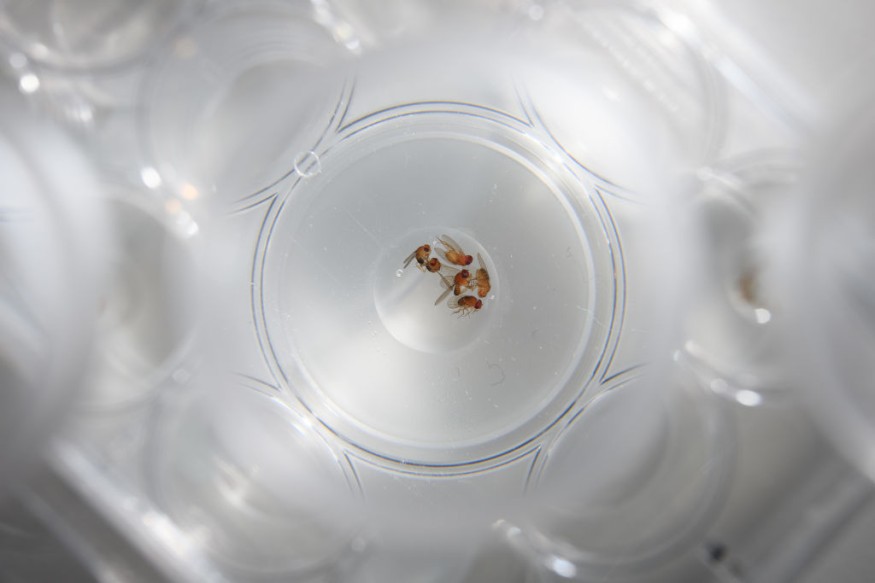
A recent study has discovered that fruit flies, like humans, can experience forgetfulness as they age.
The research highlights how a specific protein buildup in their brains may contribute to this decline in memory. This study provides valuable insights into aging that could eventually help improve human health.
Researchers published their findings in Nature Communications. They focused on a protein called filamentous actin, or F-actin, which is known to accumulate in the brains of aging fruit flies.
When too much F-actin builds up, it can block essential processes that clear out waste and damaged components from brain cells. This waste buildup can lead to problems with how neurons function, causing cognitive decline and memory loss.
In the study, scientists found that when they targeted specific genes in the fruit flies' neurons, they could prevent the accumulation of F-actin. By making these adjustments, the researchers were able to extend the healthy lifespan of the flies by about 30%. They learned that when F-actin levels were lower, the fruit flies showed improved brain function and lived longer.
Research Links F-Actin Accumulation to Aging and Cognitive Function in Fruit Flies
The researchers first noticed that flies on a restricted diet lived longer and had less F-actin in their brains. They also discovered that when treated with a drug called rapamycin, which is known to extend lifespan, the flies had less F-actin buildup.
However, these findings raised questions about the direct link between F-actin and brain aging. By using genetics to target F-actin buildup, the team improved the overall health of the flies. They found that preventing F-actin accumulation helped maintain the flies' learning and memory abilities as they aged.
The scientists noted that when they disrupted F-actin in the aged flies' brains, it restored the brain's waste removal process, known as autophagy, to levels similar to younger flies.
While the study shows promising results for fruit flies, researchers emphasize that more work is needed to see if these findings can be applied to humans.
© 2025 NatureWorldNews.com All rights reserved. Do not reproduce without permission.





